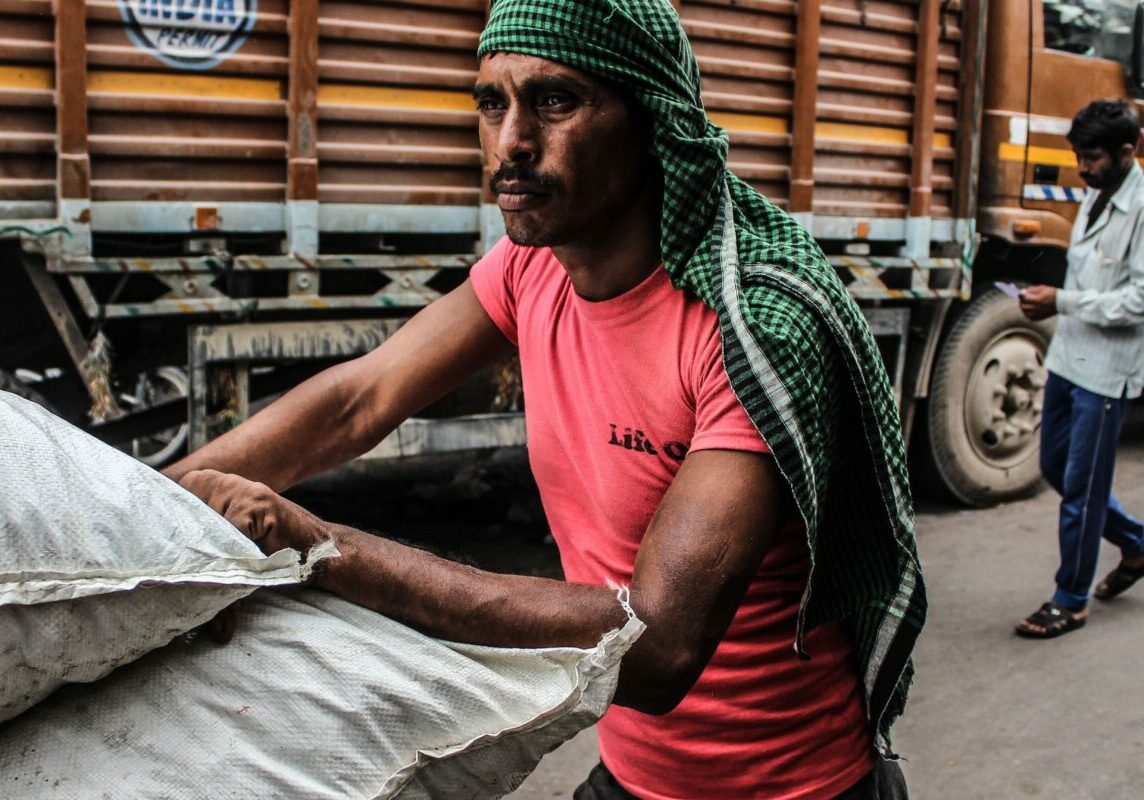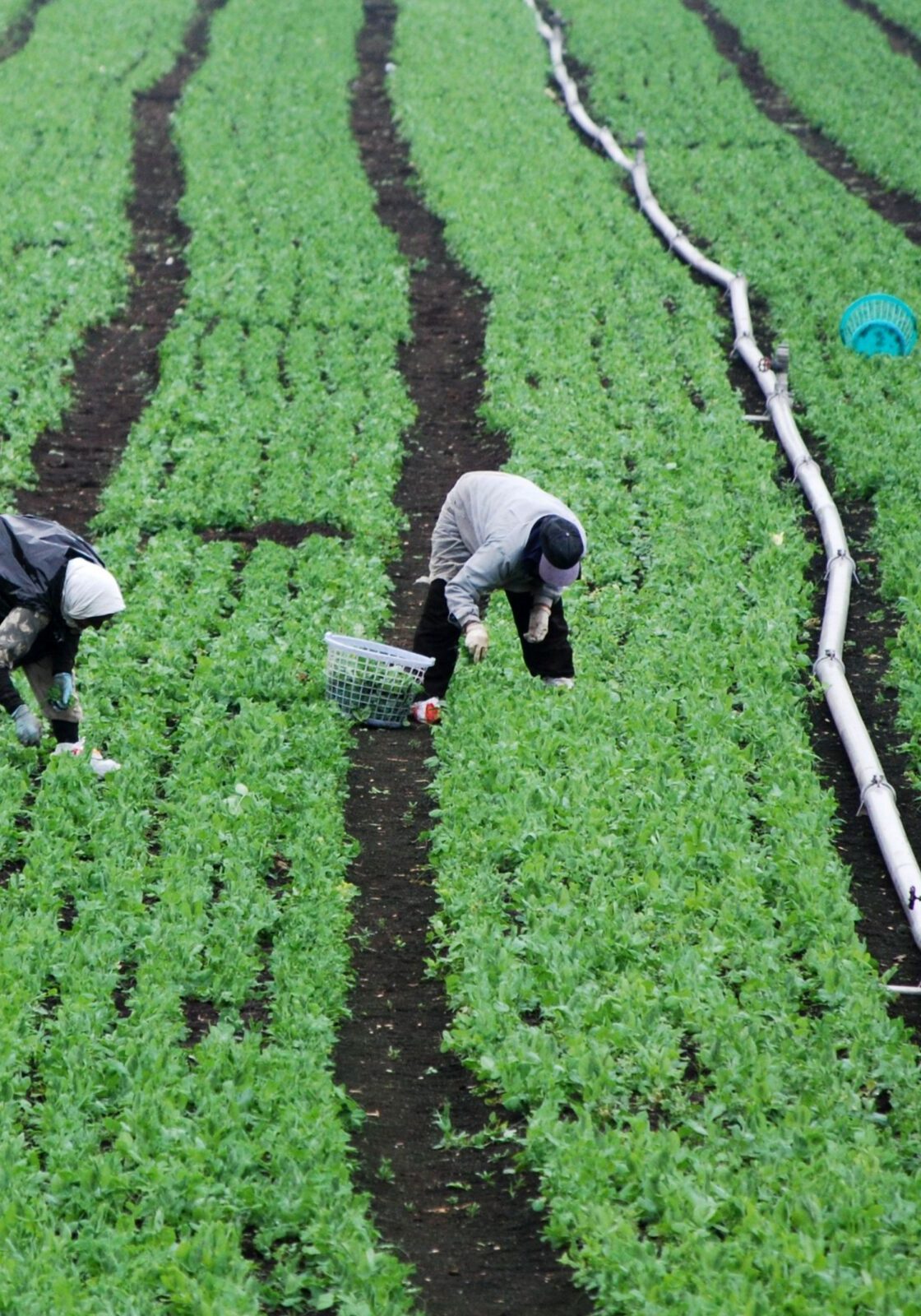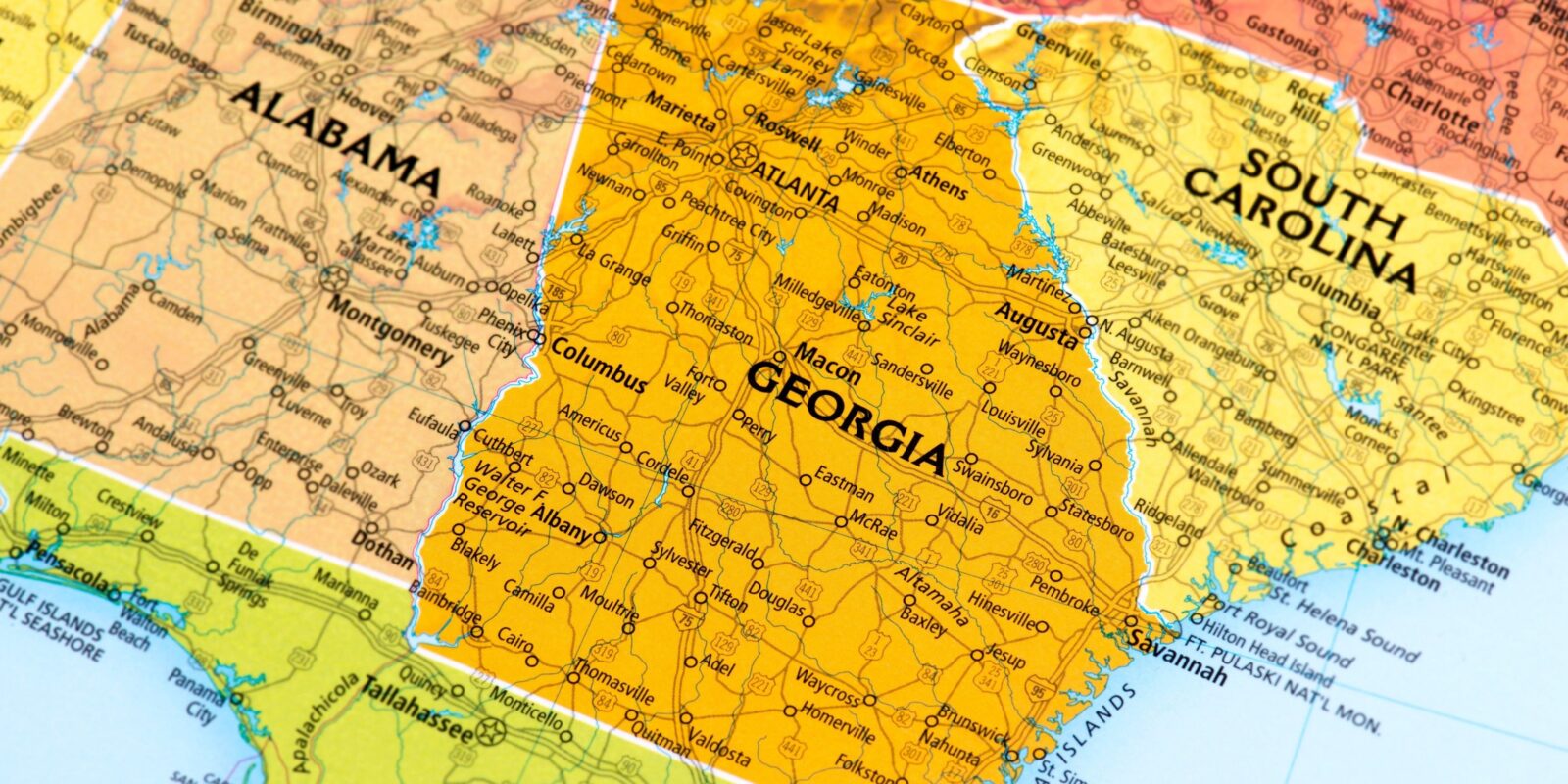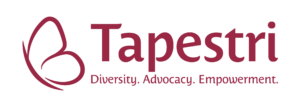Responding to Human Trafficking: Tapestri's Distinguished Anti-Human Trafficking Program
A glimpse into our 2024 Anti-Human Trafficking Program Numbers...
Number of Survivors Served
Counties in Georgia Served
Individuals Trained
What is Human Trafficking?
"Human trafficking is the second-largest and fastest-growing criminal industry in the world and a billion-dollar industry that victimizes millions of people. It is not only an overseas problem - the U.S. Department of Justice estimates that nearly 20,000 people are trafficked into the U.S. every year."
Human trafficking is defined by U.S. law as the recruitment, abduction, transport, harboring, transfer, sale, or receipt of persons for the purpose of exploitation.
Anyone can be a potential victim of human trafficking. In the U.S., trafficked individuals come from all over the world, especially from economically depressed countries. In addition, 80% of those victims are female, and 50% of those are minors.

Forms of Human Trafficking
Perceptions of human trafficking often involve women forced into prostitution. This is just one aspect of human trafficking. Survivors of trafficking also include men and children, and these survivors are exploited by any number of means. Victims may be forced into many forms of human trafficking such as:
Sex Trafficking
Forced Prostitution, Pornography, Sexual Abuse & Sex Tourism etc..
Labor Trafficking
Sweatshops, Agricultural Work, Employment Visa's, Massage Parlors etc..
Debt Bondage
Debt bondage is when an individual is forced to work in order to pay a debt.
How does Trafficking happen?
- Deception
- False promises
- Lies about the destination
- False or forced marriage
- Abduction
- Threats
- Drugging
- Debt bondage (forced labor)
- Forged or falsified documents
- Enforced confiscation of identity documents
- Separation of a minor from a guardian without consent (child trafficking)
Refugees & Immigrants
It is important to understand that our world is highly diverse, there are many different types of cultures, customs and languages spoken throughout. These different systems around the world (e.g. caste systems in Asia) have various ways of determining who is valuable and who is not in society. Selling someone becomes a viable financial opportunity for an individual who has grown up in a society that doesn’t value that particular type of person.
It's also difficult for most of us to comprehend that in many trafficking situations there is a desperation of poverty that makes millions of people more vulnerable to these types of deception. In our case our clients often do not speak English and are placed into vulnerable situations where they are easily taken advantage of.
Our Response to Human Trafficking:
Victim Assistance
Our Human Trafficking Program provides access to
- Crisis counseling
- Housing assistance
- Physical & mental health care
- Legal & immigration assistance/aid
- English Speakers of Other Languages (ESOL) and vocational skills training, and translation and interpretation services.
Our goal is to provide individualized case management support to help our clients move from crisis to stability and beyond.
Training for Service Providers
Additionally, we train mainstream social service providers, community-based service providers, and community-based groups on human trafficking prevention and awareness. If you are interested in us conducting a training, please contact us.


Our Service Area
Tapestri’s Anti-Human Trafficking Program is the only program in the state of Georgia providing comprehensive case management to both victims of sex and labor trafficking. Each service is geared toward ensuring long term success, removing barriers and decreasing potential for revictimization.
- Tapestri works within the state of Georgia

